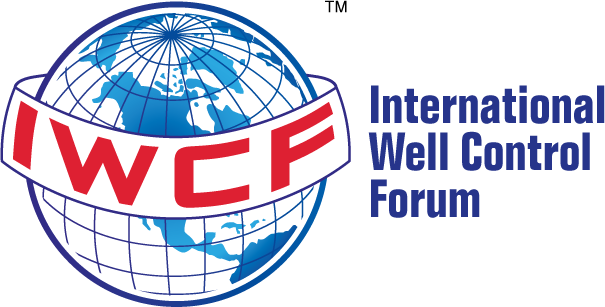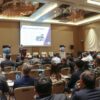At the end of August, we carried out our first translation satisfaction survey for 5 languages (Norwegian, Russian, French, German and Italian). We want to thank everyone who took the time to complete the survey, we were happy to get 30 responses from centres in 8 countries, which was an excellent response rate.
The feedback is invaluable, helping us to see areas where improvements can be made and there are several themes that came out of the survey. We were already aware of some of these themes, and there were other that help us to get a better understanding of the challenges training centres face.
Here are the most common areas the feedback covered:



